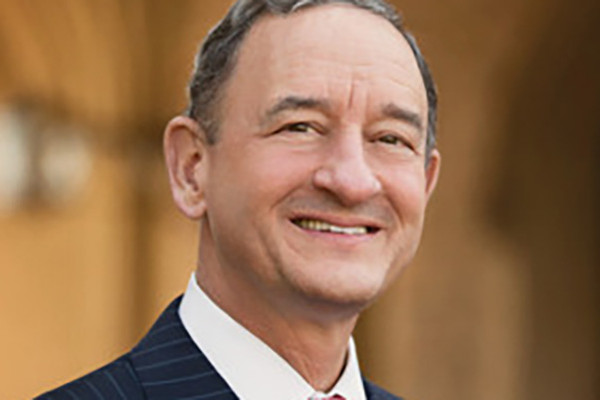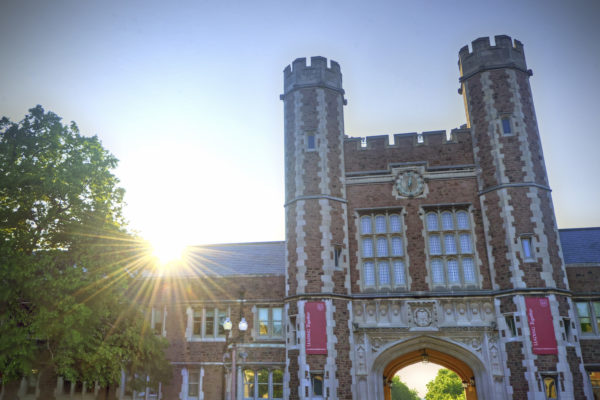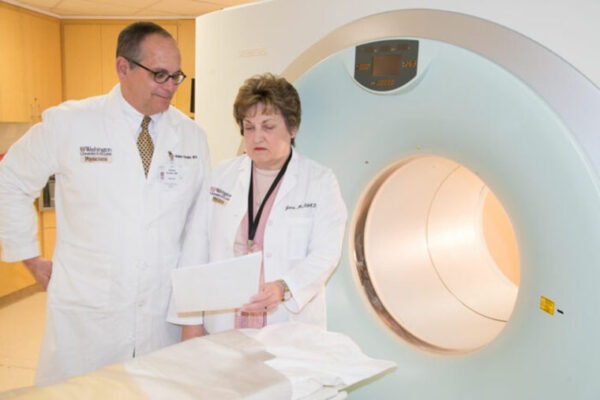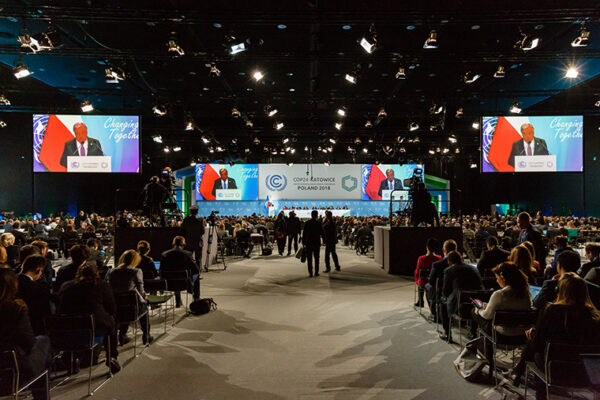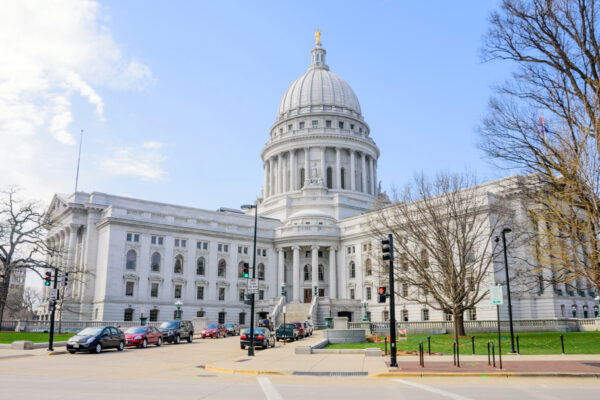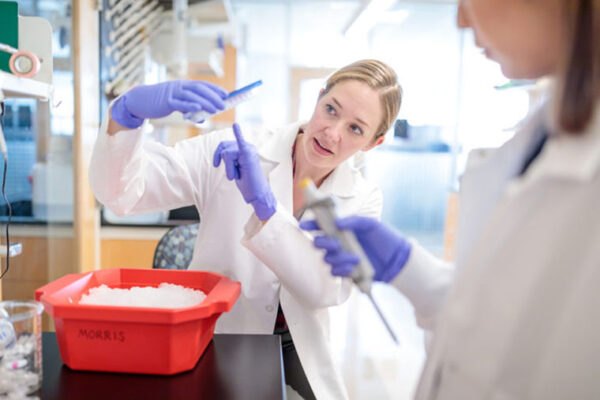Artificial intelligence and the future of medicine
Artificial intelligence has the potential to transform medicine. Two School of Medicine experts discuss how AI may change health care and what challenges need to be addressed before it can become part of routine care.
Regrowing damaged nerves hinges on shutting down key genes
School of Medicine neuroscientist Valeria Cavalli studied mice neurons to learn how cells regrow after injury. Her findings could one day lead to better treatments for spinal cord injury.
Trustees elect new board member, hear report from Wrighton
At the Board of Trustees meeting held Thursday and Friday, Dec. 6 and 7, the trustees elected a new trustee and received a report from Chancellor Mark S. Wrighton.
University joins Age Friendly University Global Network
Washington University in St. Louis is a new member of the Age Friendly University Global Network, a group of educational institutions committed to expanding programs and policies to engage people in all life stages.
$6.3 million for center to develop new tracers for PET scans
With the help of a five-year, $6.3 million NIH grant, School of Medicine radiologist Robert J. Gropler, MD, aims to help PET technology reach its potential by expanding the community of PET researchers.
Parking provides updates on leadership, operational changes
As the semester and year come to a close, the Parking and Transportation team at Washington University in St. Louis provides an update on team shifts, operational changes and upcoming alerts for the campus community.
Students participate in U.N. global climate summit
Ten students are among representatives from nearly 200 countries gathered in Poland for COP24, the U.N. conference on climate change. This year’s meeting will focus on how to achieve climate goals set in the 2015 Paris Agreement.
WashU Expert: Wisconsin move to limit power of incoming governor signal of new norm
Bills passed by Republican-controlled legislatures in Wisconsin and two years ago in North Carolina to limit the power in incoming Democratic governors may be the new normal, says a constitutional law expert at Washington University in St. Louis.
Scientists design way to track steps of cells’ development
Scientists at Washington University School of Medicine in St. Louis have developed a new tool described as a “flight data recorder” for developing cells, illuminating the paths cells take as they progress from one type to another.
How the liberal arts prepared one grad for medicine
A self-professed science geek, Anand Chukka arrived at Washington University eager to prepare for a career in medicine. As a December degree candidate, he has accomplished just that. He majored in biochemistry in Arts & Sciences; conducted medical research in labs in St. Louis, Boston and San Francisco; and serves as co-president of GlobeMed. But he also majored in American culture studies, a decision that reaffirmed his passion for medicine and positions him to be a better doctor.
View More Stories


